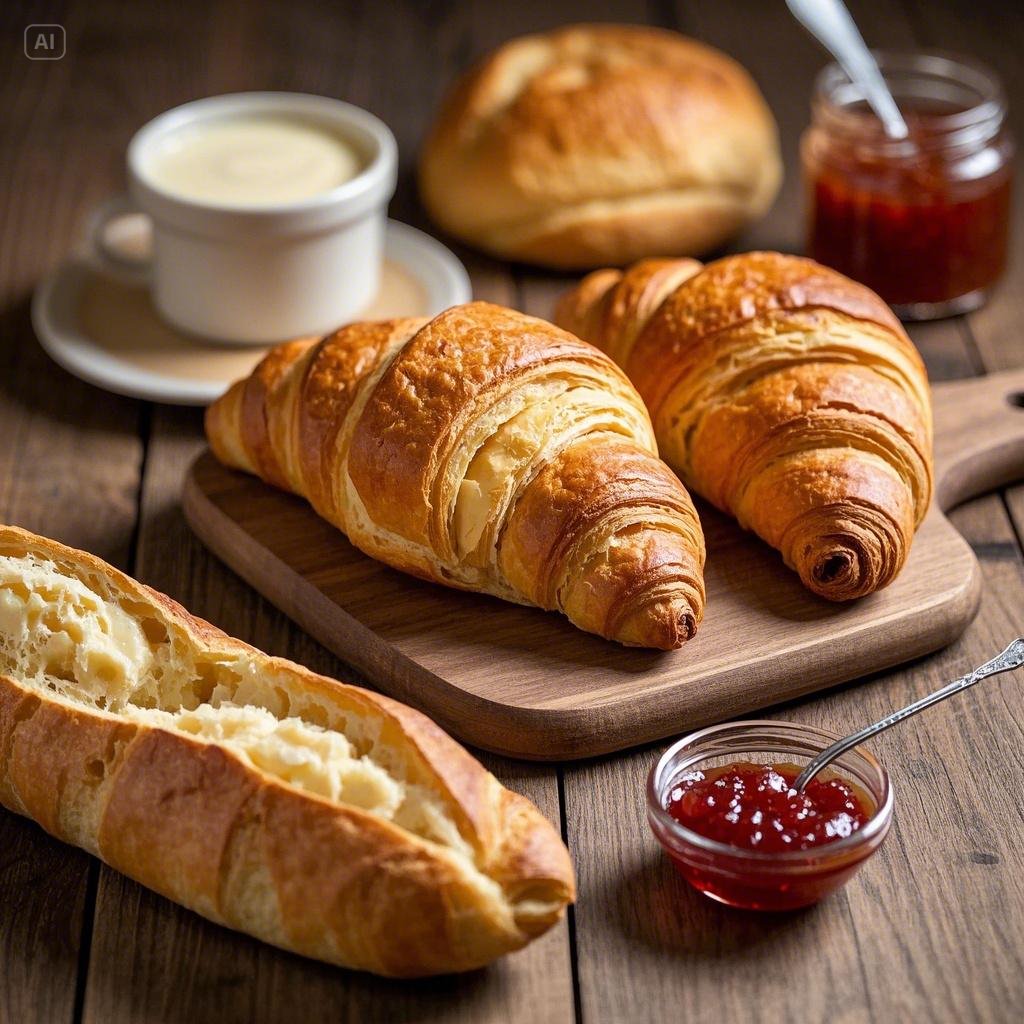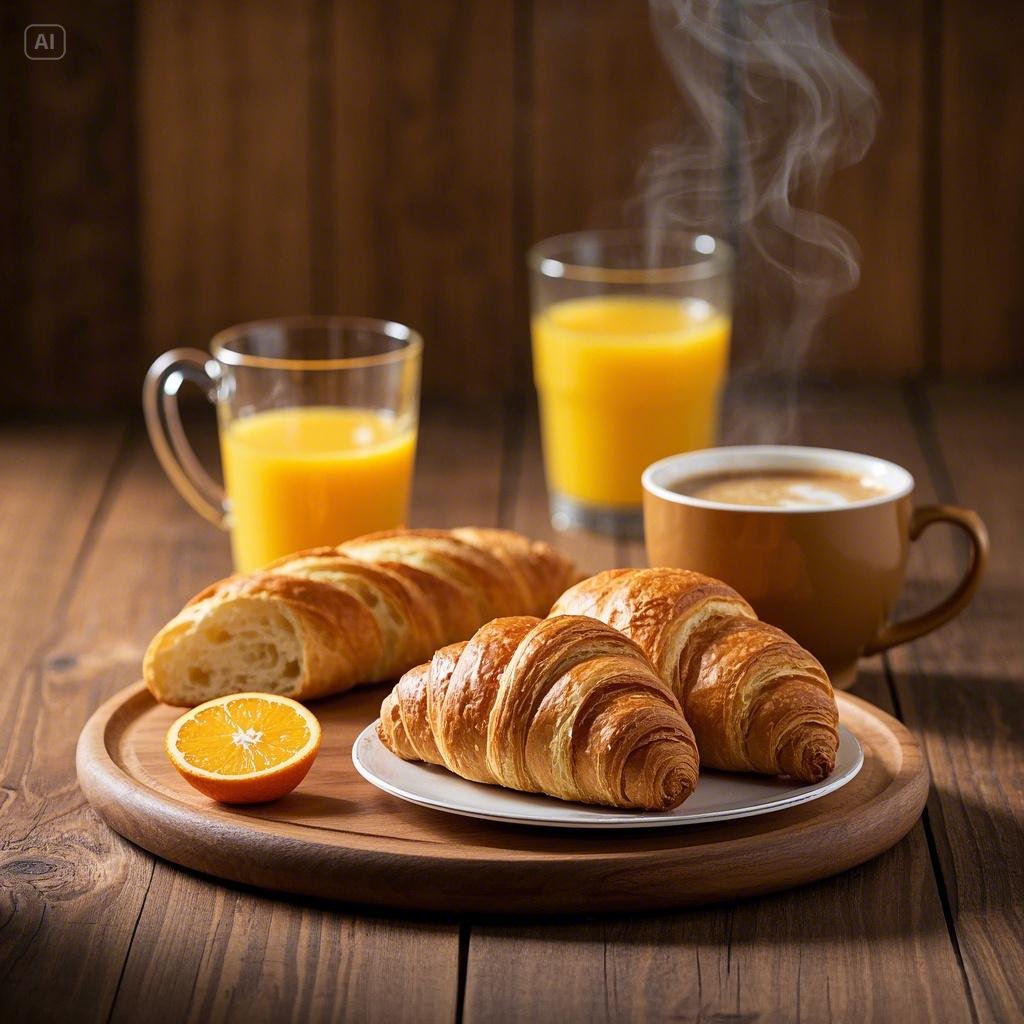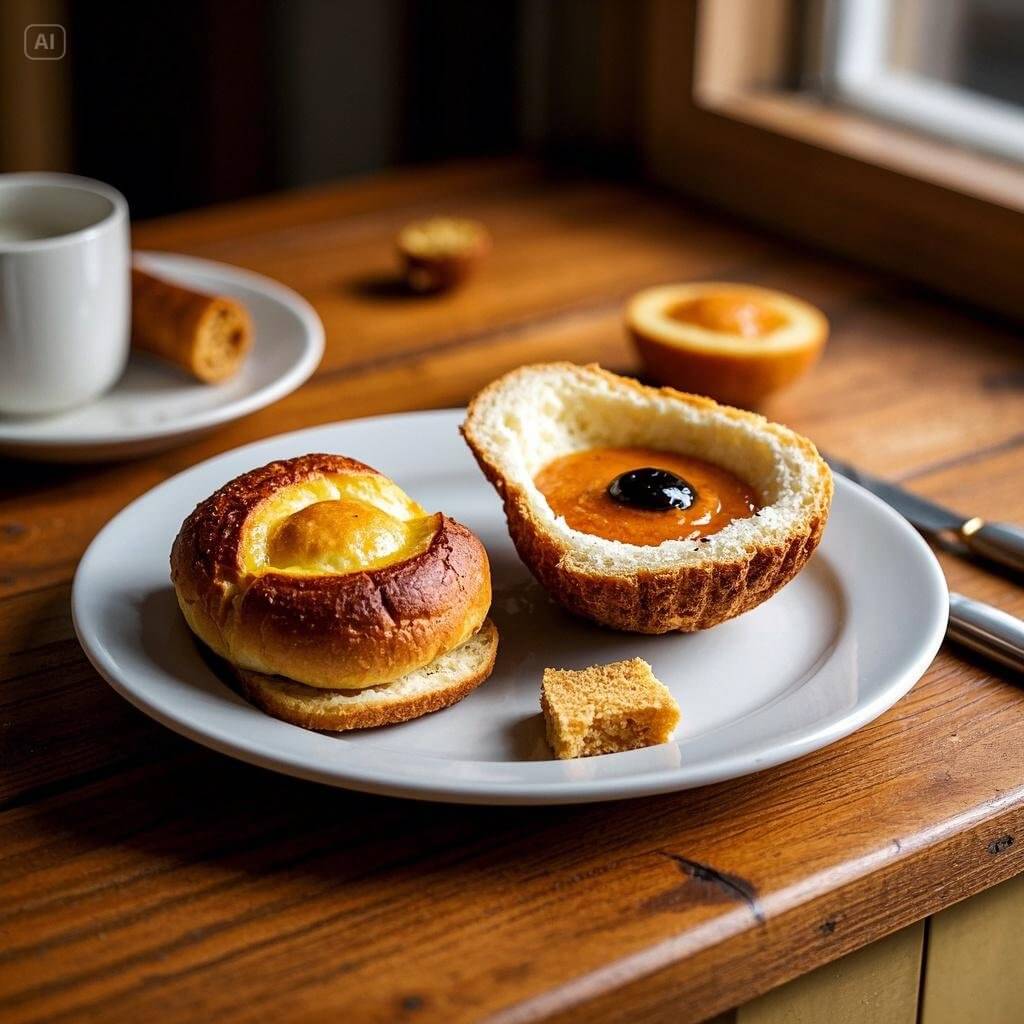French breakfasts are a celebration of simplicity, elegance, and flavor. Unlike the hearty breakfasts common in other cultures, a traditional French breakfast, or petit déjeuner, is light yet indulgent, often featuring buttery pastries, fresh bread, and aromatic coffee. This guide dives into the heart of French breakfast culture, exploring the iconic foods, drinks, and regional specialties that make it unique. Whether you’re a food enthusiast or a curious traveler, this article will inspire you to bring a touch of French culinary tradition into your own kitchen.
Traditional French Breakfast Foods You Need to Try
A classic French breakfast is a delightful combination of simplicity and sophistication. At its core, you’ll find tartines, slices of crusty baguette or bread slathered with butter and jam. These are often accompanied by viennoiseries, a category of baked goods that includes croissants, pain au chocolat, and brioche. Croissants, with their flaky, buttery layers, are a staple, while pain au chocolat offers a sweet, chocolate-filled twist.
Another must-try is oeufs à la coque, soft-boiled eggs served in egg cups with buttered toast soldiers for dipping. For a savory option, jambon-beurre, a ham and butter sandwich on a fresh baguette, is a popular choice. These dishes reflect the French philosophy of using high-quality ingredients to create meals that are both satisfying and refined.
Learn more about the history and variety of classic French breakfast dishes in this comprehensive guide to French cuisine.
Drinks that Complete a French Breakfast

No French breakfast is complete without the perfect beverage. Coffee, particularly café au lait (coffee with steamed milk), is a morning essential. Served in a large bowl-like cup, it’s perfect for dipping pastries. Tea, often black or herbal, is another popular choice, especially for those who prefer a lighter option.
For a truly authentic experience, try chocolat chaud, a rich and velvety hot chocolate made with dark chocolate and milk. Freshly squeezed orange juice, or jus d’orange pressé, is also a common addition, providing a refreshing contrast to the rich pastries. These drinks not only complement the food but also enhance the overall sensory experience of a French breakfast.
French Pastries: The Heart of a French Breakfast
French pastries are the crown jewels of a French breakfast. Croissants, with their golden, flaky layers, are a symbol of French baking mastery. Pain au chocolat, a close cousin, is equally beloved for its combination of buttery dough and rich chocolate filling.
Brioche, a soft and slightly sweet bread, is another favorite, often enjoyed plain or with a spread of jam. For something more decadent, try pain aux raisins, a spiral pastry filled with custard and raisins. These pastries are not just food; they are a testament to the artistry and tradition of French baking.
Regional French Breakfast Delights

France’s diverse regions each offer unique breakfast specialties. In Normandy, tartine normande features bread topped with local butter and apple jam, reflecting the region’s apple orchards. In Brittany, galettes, savory buckwheat crepes, are a popular choice, often filled with ham, cheese, or eggs.
In Provence, breakfast might include fougasse, a flatbread flavored with olive oil and herbs. Alsace, with its Germanic influences, offers kugelhopf, a yeasted cake studded with raisins and almonds. These regional variations highlight the rich culinary diversity of France and add depth to the concept of a French breakfast.
How to Create Your Own French-Inspired Breakfast at Home
Bringing the flavors of a French breakfast into your home is easier than you might think. Start with a fresh baguette or high-quality croissants from a local bakery. Pair them with good-quality butter and a selection of jams, such as apricot or raspberry.
For drinks, brew a strong coffee and serve it with steamed milk for a homemade café au lait. Alternatively, make your own chocolat chaud by melting dark chocolate into warm milk. Add a touch of elegance by serving your breakfast on a wooden board or a vintage plate, and don’t forget a small vase of fresh flowers to complete the ambiance.
Conclusion
A French breakfast is more than just a meal; it’s a celebration of taste, tradition, and the art of savoring life’s simple pleasures. From flaky pastries to rich coffee, each element is carefully chosen to create a harmonious and satisfying experience. Whether you’re enjoying a classic petit déjeuner in a Parisian café or recreating it at home, the essence of a French breakfast lies in its ability to make every morning feel special.

